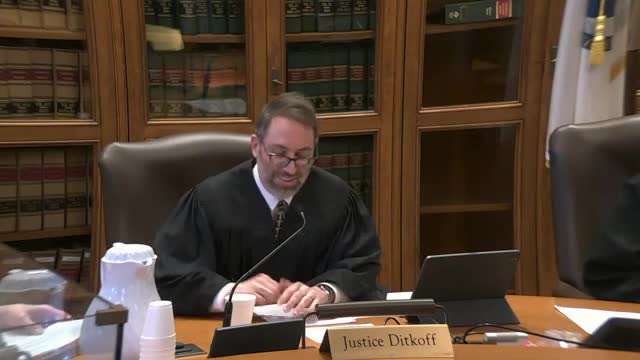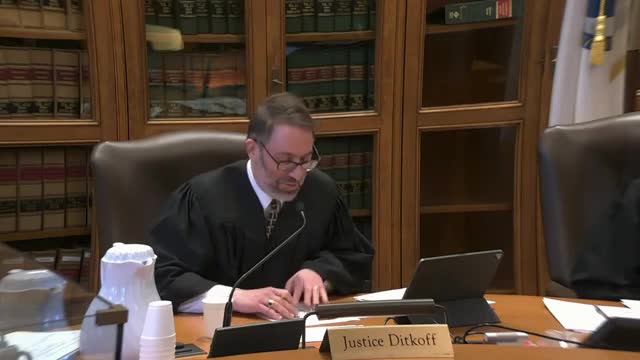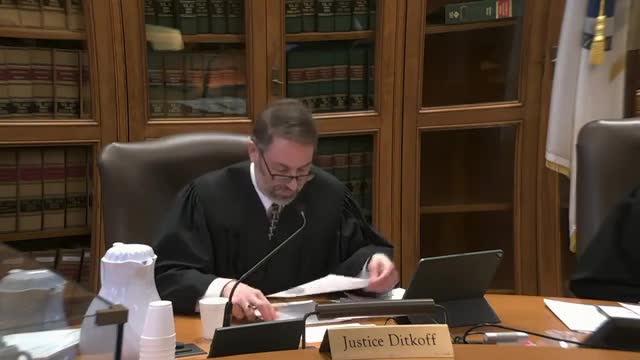Article not found
This article is no longer available. But don't worry—we've gathered other articles that discuss the same topic.

Appeals court hears challenge to evidence from traffic stop in Commonwealth v. Mitchell

Appeals court hears challenge to renewal of restraining order where judge found no imminent fear

Appeals court reviews whether conservation commission misapplied wetlands bylaw protecting views

Appeals court hears challenge to termination of parental rights in impoundment case labeled 'Brianna'

Panel hears murder‑conviction appeal focusing on jury selection, castle‑law and provocation

